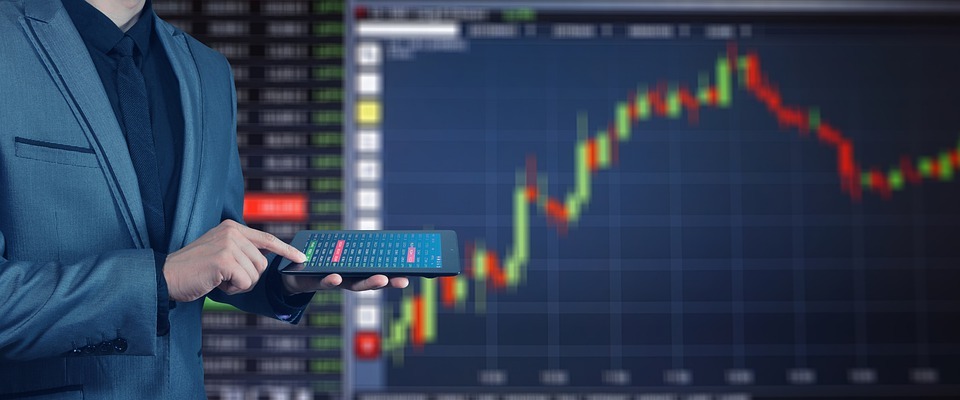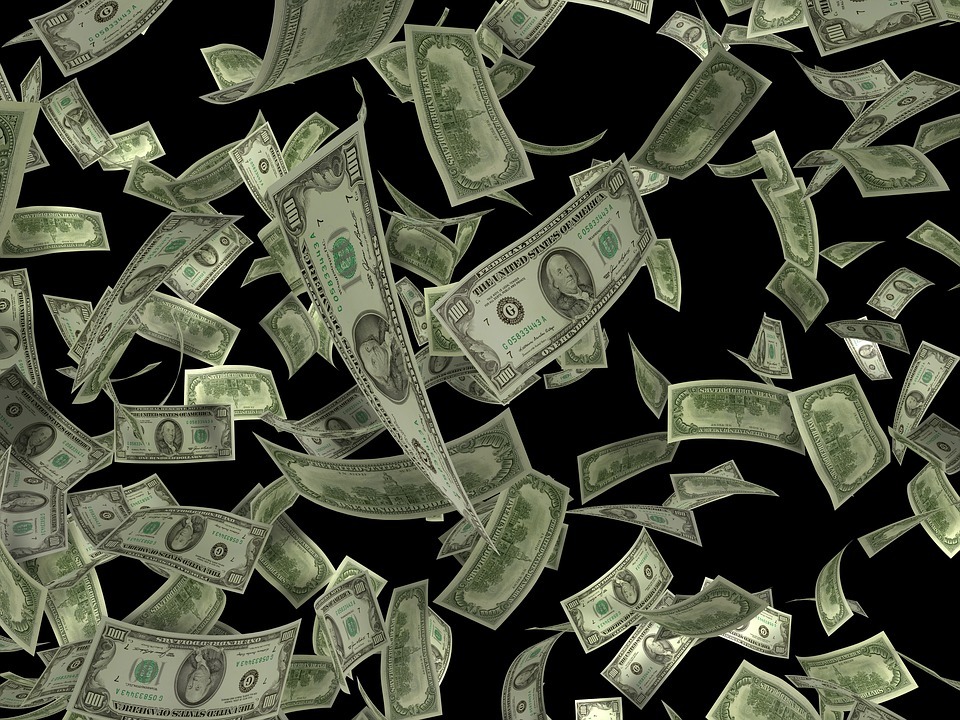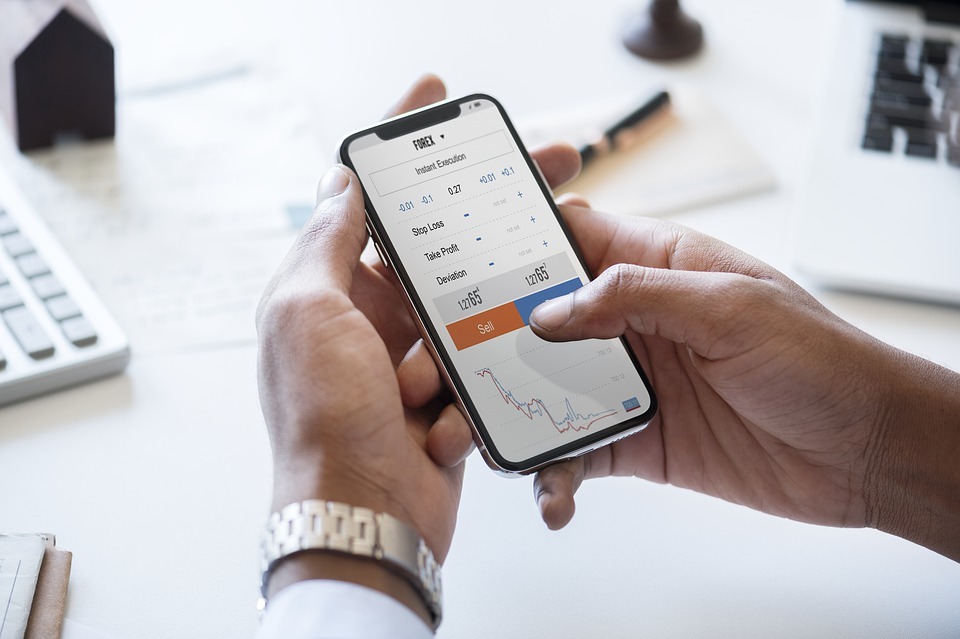The Currency Market Explained: Generalities
Money represents the reason why most of us wake up in the morning. To make ends meet.
Since the beginning of time, humankind needed to provide for the next day. Be it food or water or other necessities; people need to “do something” to get them.
Nowadays, to get them you need money. As such, the more you have, the more you get. Of course, we talk about material things here.
A regular day job may do the trick. After all, if it pays the end-of-month bills, what’s wrong with it?
There’s nothing wrong with it, except people aspire. This is what drives humankind: we always strive for more. And, in a way, this is where progress begins.
The answer until some years ago was to get a second job. However, it isn’t a long-term solution.
Luckily, the same progress mentioned earlier brought us the Personal Computer and the Internet. And just like that, the possibility to earn an extra income from an online business appeared.

Introducing Forex Trading
The currency market or the foreign exchange market represents the largest financial market in the world. Every day over five trillion dollars in volume change hands on this market.
It dwarfs any other market in the world. Thinking about stocks? Forget about them.
Forex, as it is also called (the nickname comes from the foreign exchange), represents in fact, the interbank market. Until recently, retail traders didn’t have access to it.
How come? The answer comes from the high costs associated with accessing this market. However, with the internet getting a solid foot into our everyday life, anyone with a connection can trade the currency market.
Hence, Forex trading became increasingly popular. As a definition, trading represents buying and selling a financial asset for a profit.
In other words, Forex trading stands for buying and selling foreign currencies for a profit. Or, to speculate on their moves.
This is what makes the currency market so attractive: its volatility.
Every day the currencies move against each other and traders from all over the world speculate on these moves. Some buy, some sell and that substantial daily volume is made of all the selling and buying that takes place during a trading day.
Forex Market Generalities
Unlike any other financial market, the currency market is open five days a week. From Monday to Friday, it never takes a break.
This is both a blessing and a curse. A blessing, as it lays out a plethora of trading opportunities.
A curse, because no one can follow up on all the currencies and everything that moves the Forex market without a rest. Hence, automated trading appeared.
Yes, today’s Forex trading is almost eighty percent automated. It means robots, and not humans, make the trade.
Part of protecting a trader from excessive losses, any trading platform offers pending orders. Or, levels the platform will automatically close a trade if the price gets there.
And so, the problem with watching the Forex market regularly for five days disappeared. Traders place pending orders, set and forget.
Is it that easy? Of course, not.

In any case, automated trading is only one part of the Forex market. Here are its most important players:
- Central banks. Major central banks around the world actively participate in the currency market. They set the monetary policy for a specific currency and then implement it.
- Commercial banks. Any commercial bank has a treasury department that actively buy and sell currencies to hedge against risk and to make a profit. Basically, it protects the bank’s interests.
- Quants and High-Frequency Trading Industry. Such entities use super-computers to buy and sell thousands of trades per second. They strive for the smallest change in prices and are in for the quantity of trades they can take.
- Forex brokers. Some of them have trading departments destined to speculate on the Forex market. Depending on the way a brokerage house is organized, it participates more on less on the buying and selling of currencies.
- -Other entities. Investment banks, institutional investors, private investors, liquidity providers, etc., they all fit in this category.
The first two entities on this list make up the interbank market. The rest, are speculators.
Retail traders only come to complete the list. They are the less likely to influence the market, for a single reason: retailers make up only about six percent of the entire Forex market.
Yes, out of those five trillion, only six percent belongs to the retail traders. Yet, it is a huge number.
Moreover, when compared with all those entities, the retail trader (the average Joe, the person that opens an online trading account) has all the odds against them. Yet, the possibility to gain from Forex trading exists, and this is what attracts people.

The Art of Speculation
Speculation is a form of profiting from market moves. In Forex trading, going short when the currency collapses or going long when it appreciates means selling and buying.
On the Forex market, it is not enough to only buy or sell a currency. In fact, you can’t.
Currencies are paired with each other. If the Euro, for example, drops against the U.S. dollar, it doesn’t mean it’ll fall against the JPY (Japanese Yen) too.
As such, traders must also identify against what currency the Euro drops. In other words, the analysis becomes suddenly complicated: there are two currencies in a currency pair, and traders must analyze them both.
To speculate, traders use technical and fundamental analysis. Technical analysis gathers all indicators and trading theories ever built, from all corners of the world.
It aims to forecast future prices based on historical ones.
Fundamental analysis, on the other hand, deals with interpreting economic news and acting on the findings. Even geopolitics, elections, and others along these lines fit into the fundamental analysis concept.
The right trade must consider both technical and fundamental analysis. Otherwise, it all becomes random, and the trading account will suffer in the end.
Conclusion
The currency market is the place where people meet to buy and sell currencies. Most of them aim to make a profit. They speculate.
For the retail traders, the challenge is to understand the market. Then, the goal is not to lose money. And only finally, what can they do to make a profit.
As mentioned at the start of this article, chances aren’t in the retail trader’s favor. Because Forex trading is advertised as being a piece of cake, traders jump in without knowing what they’re doing.
How can you master something so complicated like the Forex market, without even understanding it? Only after retail traders lose their first deposit, they start looking for learning material and dig into what currency trading really is.
In a way, it is no different than any other real-life experience. Remember school?
Only after the teacher gives you a bad grade, you start learning. The same in trading.
The market is not a video game. Numbers moving up and down on the trading platform may look funny, but they will hurt your trading account if you aren’t serious.
Money management comes to help. Also trading discipline, patience, and understanding who you are as a person, before knowing who you are as a trader.
We’ll cover all these and much more in this Trading Academy destined to show the beauty but also the complexity of the Forex market. But above all, it aims to show the potential, how to profit from the market moves, and what makes a successful trader.

